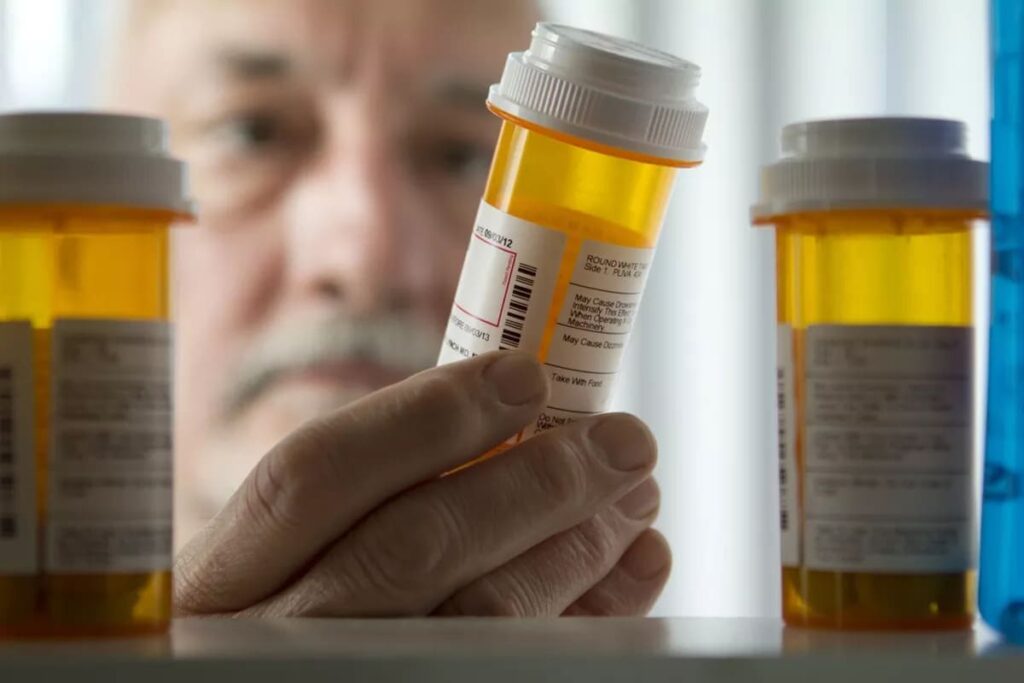Debunking the Trulicity Lawsuit: Your Total Source
Understanding Your Legal Rights in a Dangerous Medicine Lawsuit
In the world of pharmaceuticals, browsing the complexities of a dangerous drug suit can be discouraging. From identifying the legal basis for submitting a lawsuit to evaluating the choices between a course action and a private case, there are critical considerations to be made.
Legal Basis for Lawsuits
Checking out the lawful grounds for going after a dangerous medication lawsuit needs a comprehensive understanding of relevant statutes and criteria. When considering lawsuit versus a pharmaceutical firm for a hazardous medication, one have to establish that the medication in inquiry positioned unreasonable risks that were not properly divulged to customers. This usually entails demonstrating that the drug maker fell short to warn around recognized risks, misrepresented the medicine's safety or efficiency, or engaged in deceptive advertising and marketing techniques.
To succeed in an unsafe medication suit, plaintiffs typically count on legal concepts such as oversight, stringent obligation, or violation of guarantee. Carelessness claims suggest that the supplier did not work out practical care in making sure the safety of the drug.
Sorts Of Compensatory Damages
Offsetting damages in an unsafe drug lawsuit incorporate economic restitution awarded to plaintiffs to compensate for losses sustained due to the harm triggered by the medicine. These problems are developed to make the victim whole again, both financially and non-economically. There are two major types of offsetting problems that might be granted in a hazardous drug suit: economic problems and non-economic damages.

Both financial and non-economic compensatory problems play a crucial function in guaranteeing that people hurt by harmful medications obtain suitable compensation for their losses.
Statute of Limitations

Missing out on the law of restrictions target date can have significant effects, as it may result in the situation being disregarded by the court. As soon as the statute of restrictions has expired, the complainant may shed the right to seek lawful choice against the party responsible for the harm caused by the hazardous medication. It is essential for individuals taking into consideration an unsafe drug lawsuit to seek advice from with a certified lawyer promptly to comply and recognize with the applicable law of constraints in their instance.
Course Activity Vs. Person Lawsuits
Given the varying statute of limitations in dangerous medicine legal actions, individuals need to meticulously weigh the choice in between going after a class activity or a specific suit. Course action visit their website claims involve a team of complainants jointly filing a claim against an offender, commonly a pharmaceutical company, for the very same concern - in this instance, damage brought on by a dangerous drug. These claims can be advantageous as they combine resources, boost utilize against the offender, and give a feeling of uniformity amongst affected people. In a course action claim, people may have less control over the case's direction and the last negotiation amount.
On the various other hand, individual legal actions use more autonomy and control to the plaintiff. By going after an individual suit, an individual can customize the legal technique to their certain situation, potentially resulting in a more tailored and desirable end result. Individual claims can be extra lengthy, costly, and might result in reduced settlement compared to an effective class action legal action. Eventually, the choice in between a class action and an individual legal action should be based upon the individual's situations, wanted degree of involvement, and the lawful guidance got.
Seeking Lawful Advice
In navigating the complexities of a hazardous medication suit, securing experienced legal counsel is paramount for ensuring a enlightened and strong lawful strategy. When looking for lawful advice for a dangerous drug lawsuit, it is important to find a regulation firm or lawyer with experience in pharmaceutical lawsuits. These instances commonly entail intricate medical and scientific information, calling for an attorney that recognizes both the lawful elements and the clinical subtleties associated with such lawsuits.
Expert legal advice can help individuals recognize their legal rights, assess the toughness of their case, and navigate the intricate legal procedures connected with unsafe medication suits. Additionally, a competent attorney can give guidance on whether to pursue a private legal action or join a class-action legal action, over here based upon the specific situations of the situation.
In addition, legal advice can aid in collecting evidence, preparing lawful papers, discussing with pharmaceutical companies or their lawful agents, and representing clients in court if the instance goes to test. By employing the assistance of experienced legal experts, individuals can boost their chances of achieving a desirable outcome in a dangerous medicine claim.

Conclusion
In verdict, understanding your lawful civil liberties in a harmful medication claim is crucial in seeking payment for any damage caused. Recognizing the legal basis for legal actions, sorts of countervailing damages offered, law of limitations, and the difference in between course activity and individual claims can help people navigate the lawful procedure successfully. Looking for lawful guidance is essential in ensuring your rights are secured and advocating for the settlement you should have.
Offsetting damages in an unsafe medicine legal action incorporate economic restitution awarded to plaintiffs to make up for losses sustained due to the injury created by the medication.The statute of limitations in a hazardous medication lawsuit establishes the duration within which a complainant need to file a lawful claim against the responsible celebration for the harm caused by the drug.Given the varying statute of restrictions in dangerous medicine claims, check my reference individuals should meticulously evaluate the choice between going after a class action or a specific legal action. Individual legal actions can be extra lengthy, costly, and might result in lower settlement compared to an effective course action claim. Recognizing the lawful basis for legal actions, types of countervailing damages available, law of limitations, and the difference between class activity and specific lawsuits can help people navigate the lawful procedure properly.